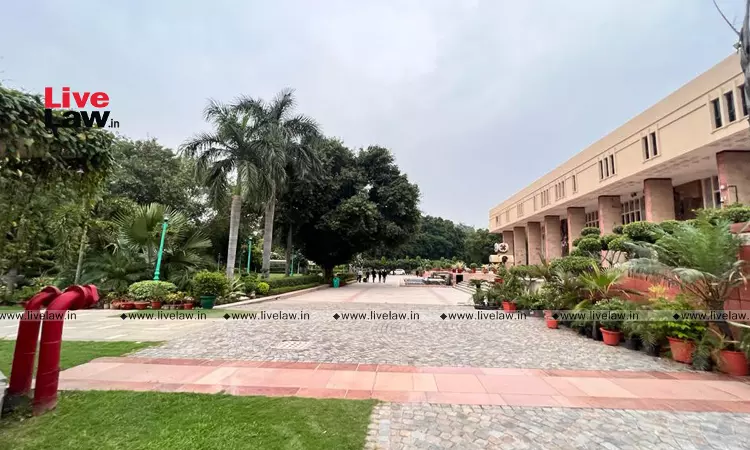The Delhi High Court has held that once the return has been found to be valid and only a defect within the meaning of Section 139(9) of the Income Tax Act has been found, interest cannot be levied.The bench of Justice Rajiv Shakdher and Justice Girish Kathpalia has observed that if the date of the ROI originally filed on October 14, 2016 is taken into account, then the notices served on...

